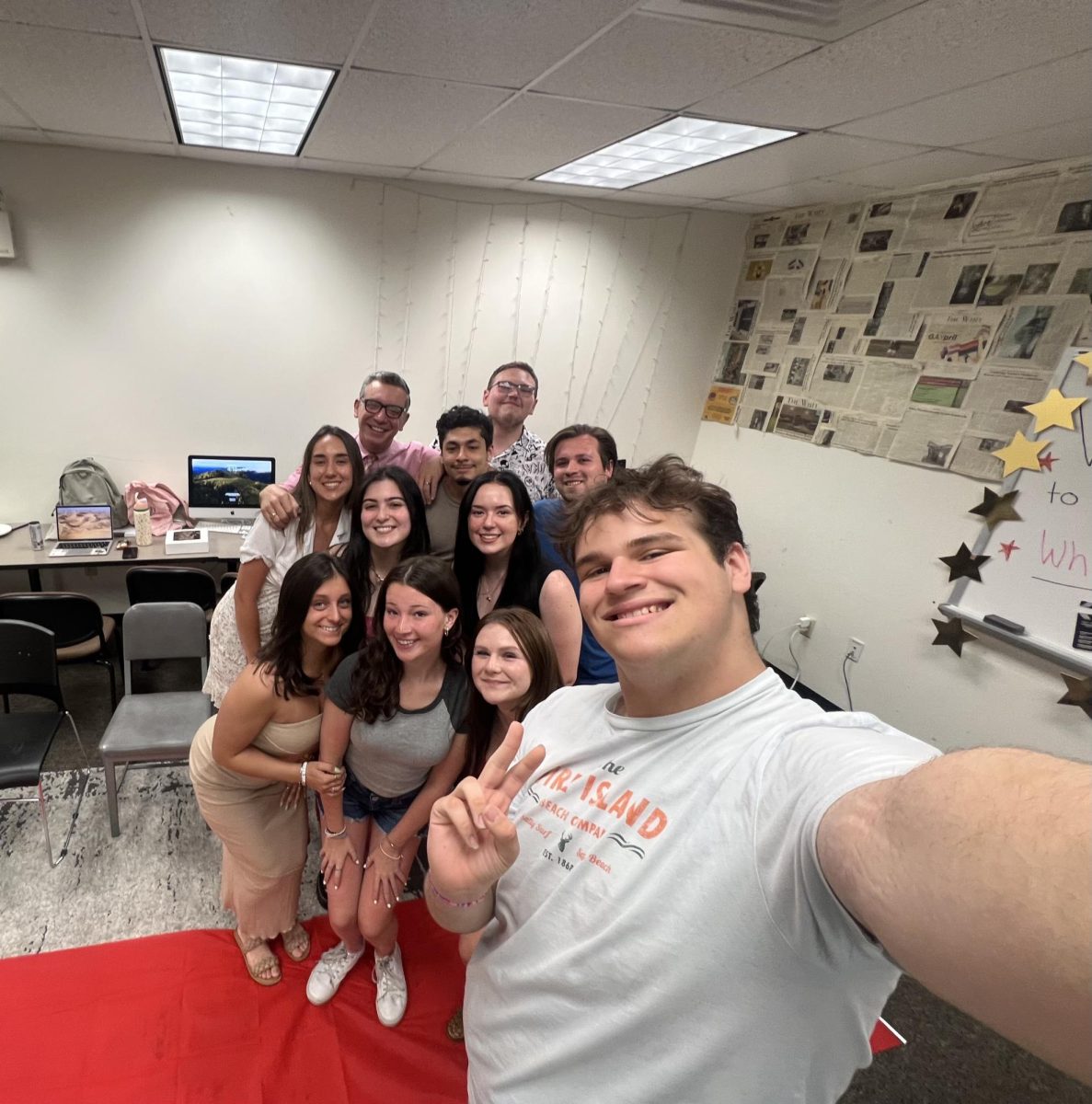It’s safe to say that for most people waking up Monday morning involved being confused and saddened by the shooting that happened Sunday night in Las Vegas at a Jason Aldean concert. Dozens of people were innocently killed and hundreds were injured by the actions of one individual. An attack like this could only be carried out by someone who clearly has malice and hate in their heart to hurt so many people.
Upon reading the countless articles on this shooting, there was a common reoccurrence: the shooter is described as a retired 64-year-old man with no prior criminal record and who loved going to the casino and listening to country music before the massacre. This description of the shooter is inadequate because it portrays him as an average man who lived a simple life and just snapped one day and decided to commit this act when that’s far from the truth. Multiple assault weapons were found in his hotel room so it’s clear that this was a premeditated attack.
Mentioning the shooter’s good nature after he committed the worst mass shooting in modern American history makes him sound more like a human and less like an outcast. A lot of people’s parents and grandparents could probably fit that same description of someone in their 60s who enjoys country music and doesn’t have a criminal record. When someone has no regard for humanity or life, they cannot be portrayed in the same light as someone who does.
Normalizing abnormal behavior in the media is unacceptable. Trying to make people like this shooter identifiable and relatable people in society is irresponsible. It keeps us numb to the reality of the travesty of events like this when there is a loss of life, whether it’s a single life or multiple fatalities.
Memorializing the suspect in these types of tragedies gives little solace or comfort to the loved ones and society as a whole. If anything, it adds more questions as to who this person was and what happened in the last hours or days of their lives. Both questions that we may never have complete answers to. Guessing why someone was led to or followed through with a tragic decision adds no value to the lives of most in society.
However, giving a voice to those silenced in a tragedy gives more value to their lives and gives us a break to be more introspective of ourselves and how we lead our lives. The narrative often offered by the media for a suspect in these senseless tragedies should be rejected and not normalized. Accepting violence, hatred and ill will upon unsuspecting individuals does not make us the progressive country that we say we are. As a country we must control the narrative of what information we will choose to accept, reject or share.
For questions/comments about this story, email [email protected] or tweet @thewhitonline.

























































































































































!["Working with [Dr. Lynch] is always a learning experience for me. She is a treasure,” said Thomas. - Staff Writer / Kacie Scibilia](https://thewhitonline.com/wp-content/uploads/2025/04/choir-1-1200x694.jpg)










































